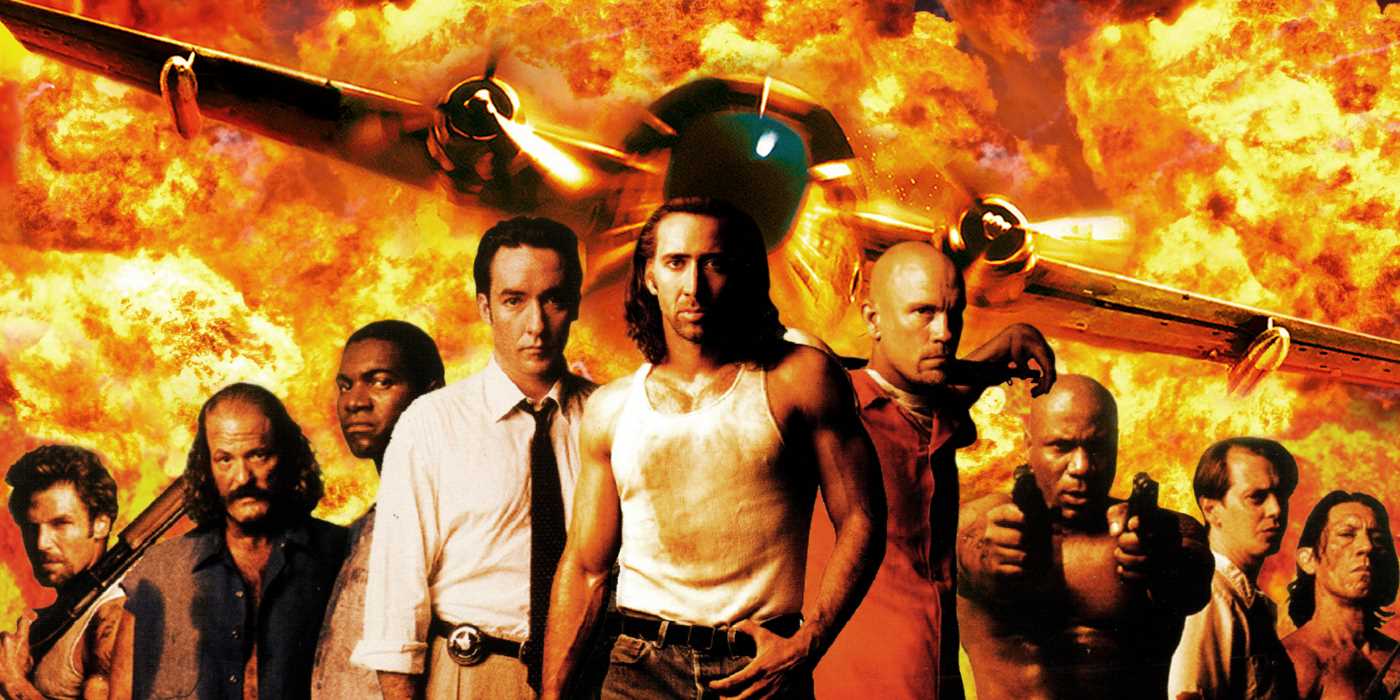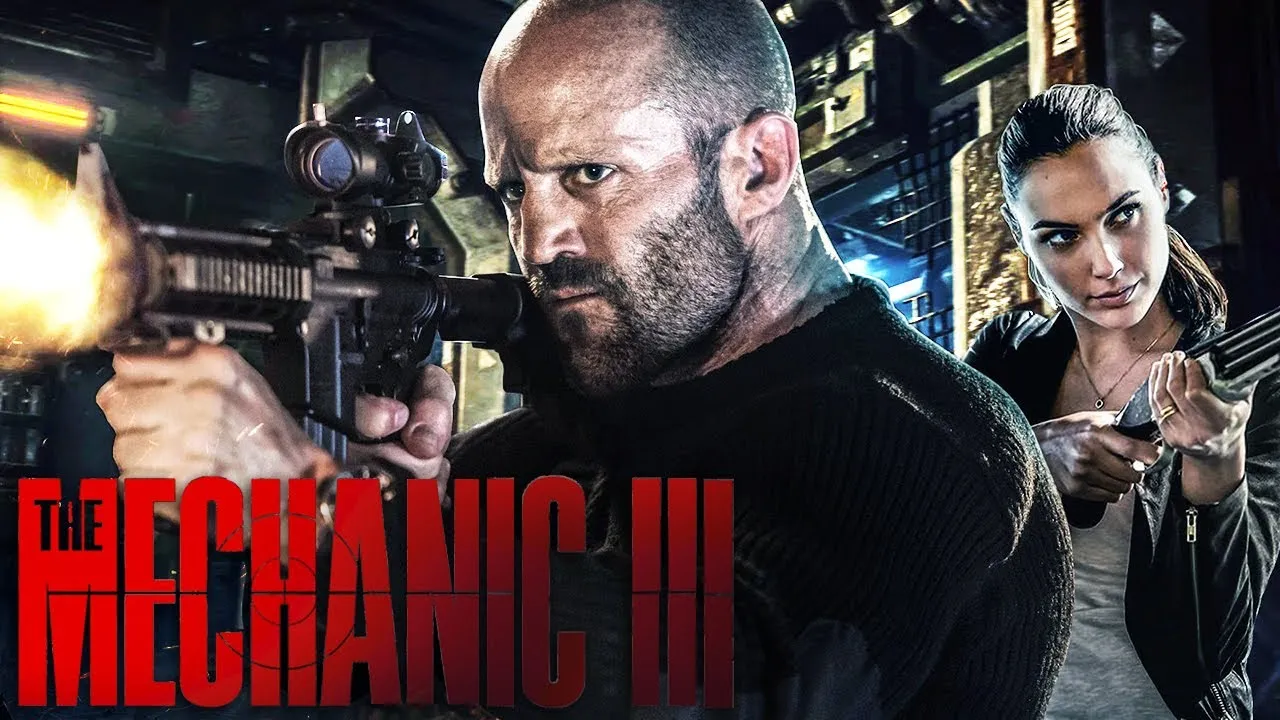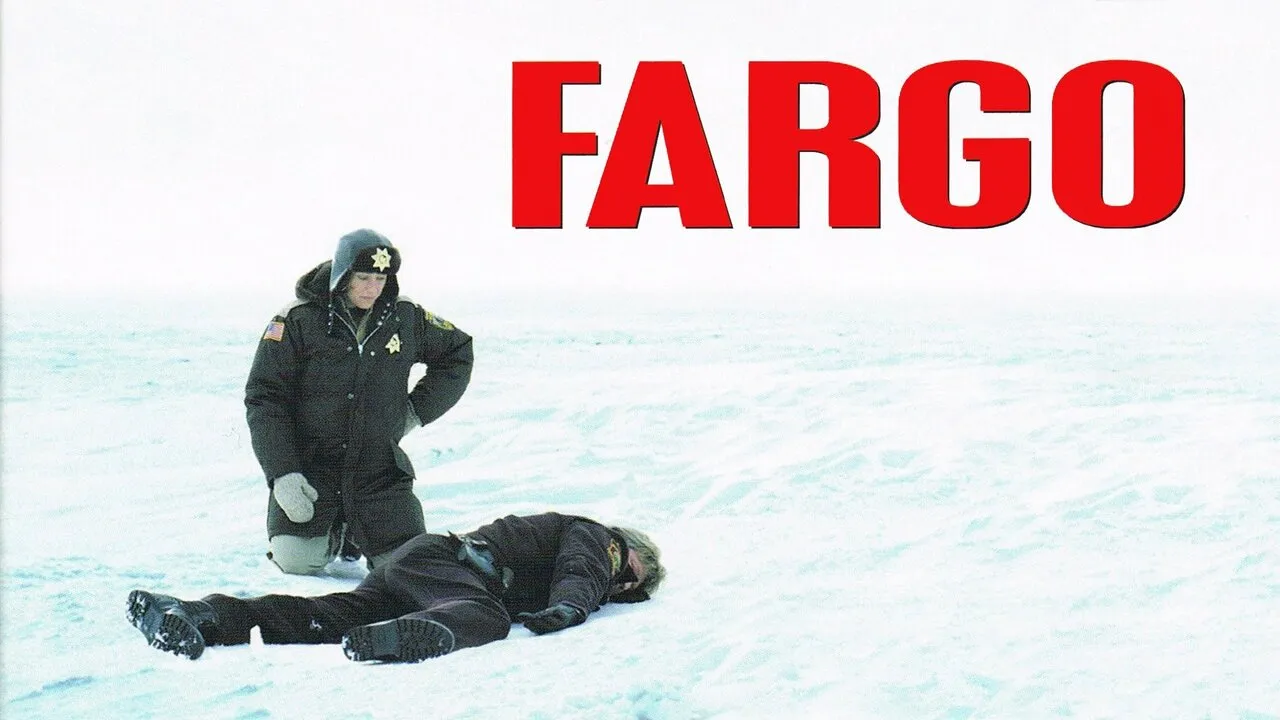In the heyday of 1990s action cinema, when muscle-bound heroes and over-the-top villains reigned supreme, Con Air soared in like a flaming jet engine. Directed by Simon West and produced by Jerry Bruckheimer, the 1997 blockbuster combined heart-pounding thrills, explosive spectacle, and a surprisingly emotional core — all 30,000 feet in the air.
With an all-star ensemble led by Nicolas Cage, John Malkovich, John Cusack, and Steve Buscemi, Con Air wasn’t trying to be subtle — it was unapologetically loud, stylized, and larger-than-life. But beneath its bombastic exterior was a story of redemption, loyalty, and the chaos of human nature when trapped in a confined space... with maniacs.
More than 25 years later, the film’s legacy lives on as a cult favorite — and one that fans have long dreamed of revisiting. So what made Con Air fly so high? And what could a sequel look like in today’s world of reboot fever and legacy action?
Cameron Poe (Nicolas Cage), a decorated Army Ranger, is released on parole after serving eight years for accidentally killing a man in a bar fight while defending his pregnant wife. All Poe wants is to return home to meet his daughter for the first time. But to get there, he must hitch a ride on a prison transport flight carrying some of the most dangerous criminals in the country.
The flight — dubbed the “Jailbird” — is hijacked by Cyrus “The Virus” Grissom (John Malkovich), a brilliant but ruthless criminal mastermind, along with a group of psychotic inmates including Diamond Dog (Ving Rhames), Swamp Thing (M.C. Gainey), and Garland Greene (Steve Buscemi), a serial killer with a taste for philosophical monologues.
Poe, still undercover as a prisoner, must navigate the chaos, protect his diabetic cellmate, and secretly sabotage the convicts' escape plan — all while keeping his parole clean and his family in mind.

On the ground, U.S. Marshal Vince Larkin (John Cusack) tries to track the plane and figure out what’s really going on, as bureaucratic chaos and inter-agency conflict threaten to make things worse. The result? Mid-air shootouts, desert crashes, Las Vegas destruction, and Nicolas Cage delivering slow-motion justice with a Southern drawl and flowing hair.
Con Air worked because it knew exactly what it was: a hyper-violent, high-concept action fantasy that refused to take itself too seriously. It had wild characters, one-liners galore, and a soundtrack that cemented its place in action movie history (who can forget “How Do I Live” by Trisha Yearwood?).
But for all its bombast, the film’s emotional spine was surprisingly effective. Cage’s Poe is not a one-note hero. He’s a quiet, determined man trying to do right by his family and friends — even when everything around him is exploding. His commitment to protecting others gives the film its soul.

John Malkovich’s Cyrus is equally unforgettable — intelligent, menacing, and with just the right amount of theatrical insanity. Buscemi’s Garland Greene adds a layer of black comedy that toes the line between disturbing and oddly profound.
The action sequences are elaborate and inventive, from the skyjacking to the epic Vegas strip crash. It’s a film that knew how to go big — and go bold. Despite its tidy ending — with Poe reunited with his daughter and the villains dead or captured — there’s room to expand the Con Air universe. And with today’s appetite for nostalgic revivals, a sequel could easily take flight.
Years after the events of the original, Cameron Poe is living quietly in Alabama, raising his daughter and trying to forget the past. But when a high-tech prison transport drone system is hacked mid-flight by a new generation of cyber-criminals, chaos erupts — and the drone crashes in the middle of a major U.S. city, unleashing dozens of lethal inmates onto the streets.
The twist? Garland Greene (Buscemi), long believed to have disappeared, resurfaces — not as a killer, but as an odd savior who has spent the years hiding and studying human behavior. He warns Poe: “This isn't a hijacking. It’s an evolution.”
Reluctantly, Poe is pulled back in by the government — this time not as a stowaway, but as a consultant. Alongside a young, idealistic U.S. Marshal (perhaps played by someone like Florence Pugh or Glen Powell), he must navigate a city turned into a war zone, track the escaped convicts, and uncover a conspiracy involving AI-driven incarceration and privatized justice.
The themes evolve, too. Where Con Air was about redemption and loyalty, Ground Zero tackles surveillance, prison reform, and what justice looks like in a world dominated by technology.

And yes — there would be explosions, slow-motion helicopter scenes, and a big climactic showdown on top of a collapsing building, with Poe once again choosing sacrifice over safety.
Con Air is a quintessential ‘90s action movie, but its appeal hasn’t aged a day. It’s absurd, excessive, and proudly unfiltered — but also weirdly sincere. That mix of heart and havoc makes it more than a guilty pleasure. It’s a chaotic classic.
While a sequel may seem unlikely, the world of Con Air is ripe for a return — especially with Cage’s recent career resurgence and Hollywood’s love of legacy projects. A continuation wouldn’t just be about nostalgia. It would be about what happens when the system fails again — and how one man with a mullet and a mission steps up.


